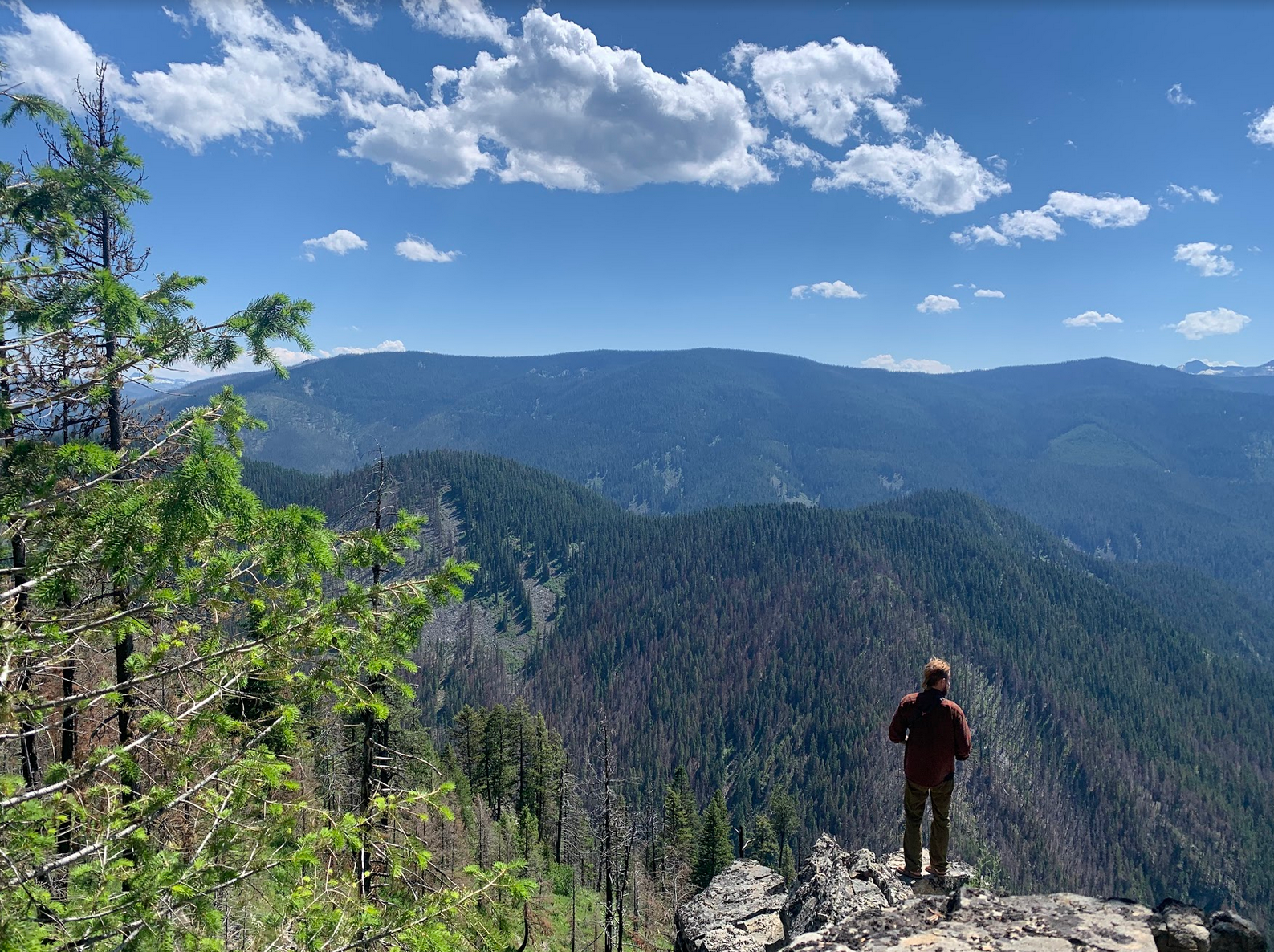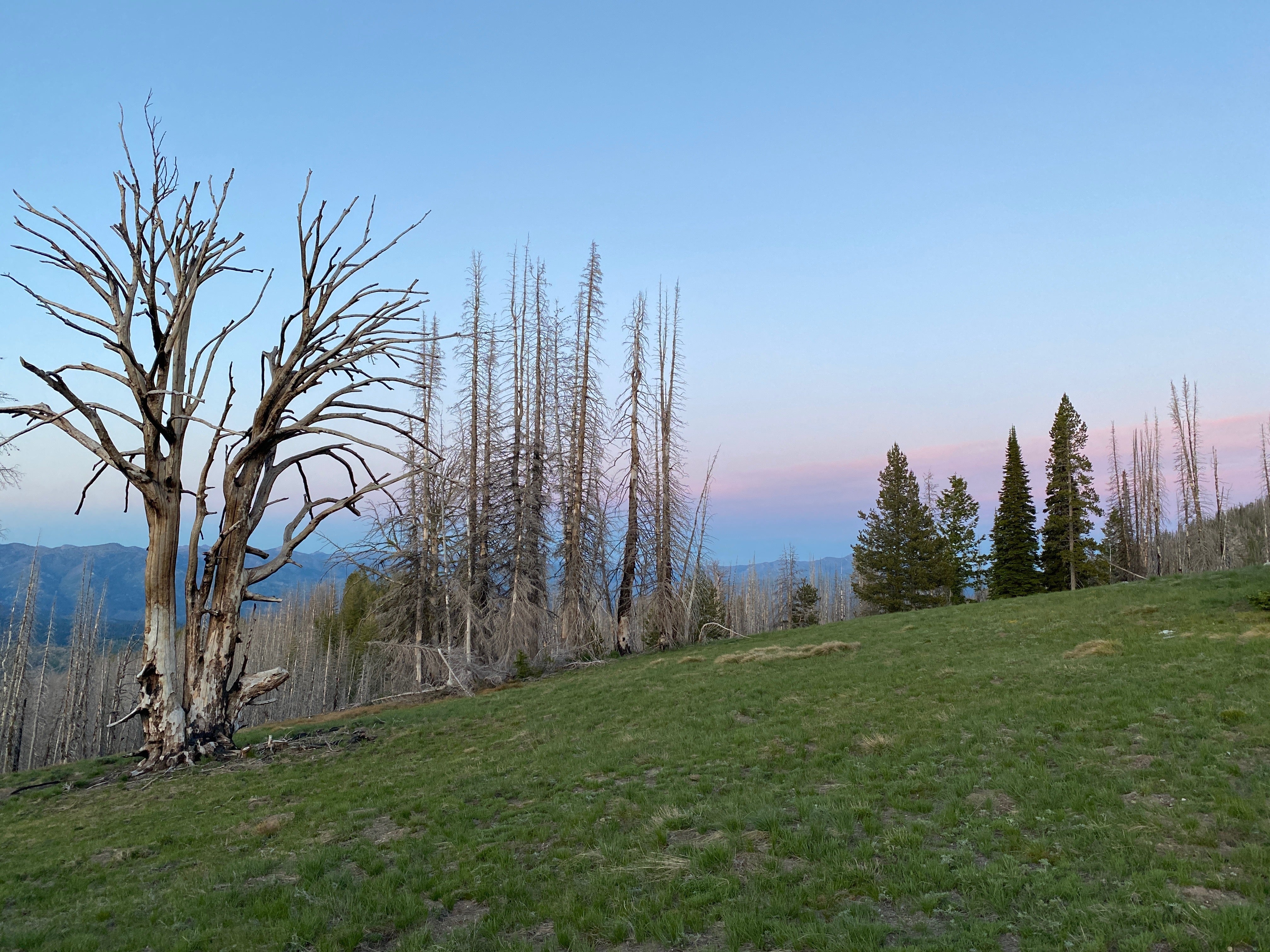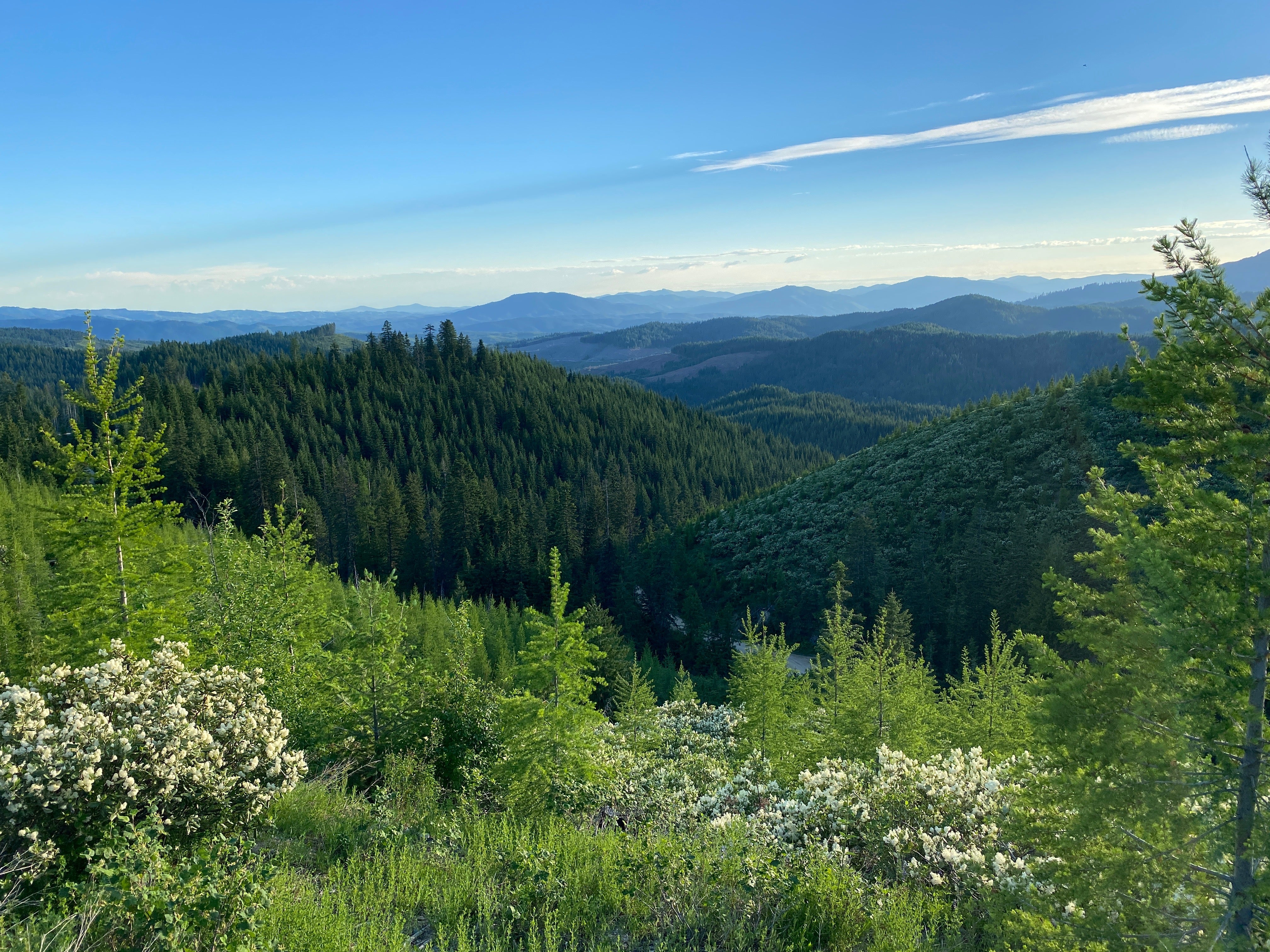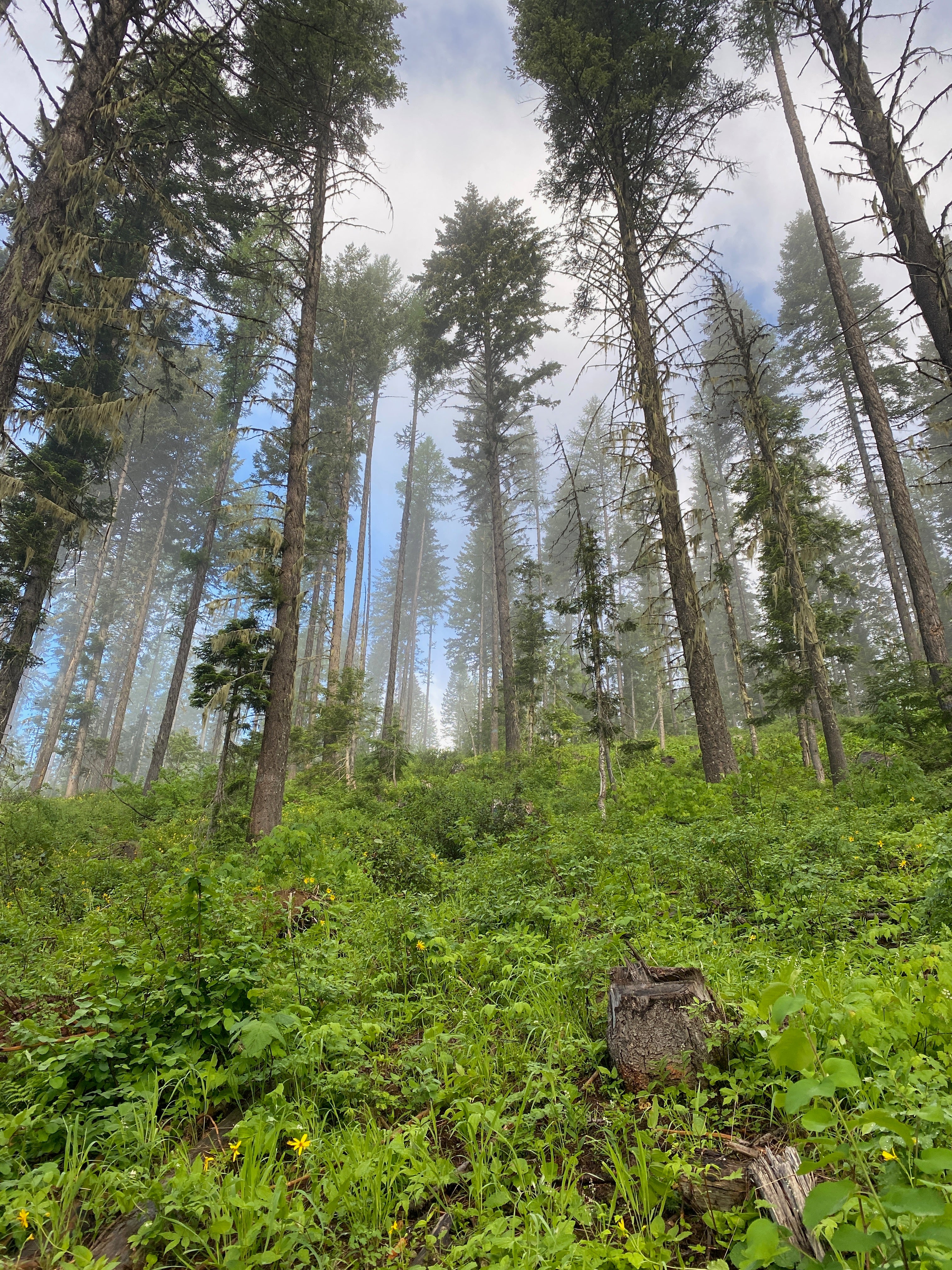Location: Options to work in Utah, Idaho, or Montana
Time Period: May – July, 2023
Salary: $17.75 – $19.50/hour, DOE
Last Date to Apply: 04/15/2023 (open until filled)
FLSA Status: FULL TIME / SALARIED / EXEMPT

AVIAN FIELD TECHNICIANS needed for a large-scale study of breeding landbirds across Utah, Idaho, and Montana. The field effort is in support of the multi-state Integrated Monitoring Bird Conservation Region IMBCR Program. Field technicians are needed to work in UT: ~May 1 – July 8, ID and MT: ~ May 15 – July 10-16 (Start and end dates may shift, however, depending on project and location). Work duties consist of using the Integrated Monitoring in Bird Conservation Regions (IMBCR) protocol to conduct daily statewide standardized avian point-count surveys, vegetation (bird habitat) evaluation, and field data entry. Technicians will identify 100-150+ bird species while working across a potential wide variety of habitats including grassland, sagebrush steppe, riparian, pinyon-juniper, montane coniferous forest, and alpine.

Technicians are typically stationed in different regions of the state dependent on their experience and interest; or may have the ability to work in various biomes throughout the season, depending on their birding abilities. The field days begin before dawn and generally end by early afternoon. Work will be ~40 hours/week, and is a flexible schedule (10 days of work to 4 days off through the season), as long as the field survey assignment is being completed as required. The project includes a mandatory week of paid field training at start of season, and 1 week of data entry compensation at the end of the season.

Qualifications include:
- Ability to identify 100-150+ species of western birds primarily by sound and sight
- Ability to work independently (alone ≥90% of the time) in remote areas for entirety of the field
season - Ability to camp and work early hours, often without phone service or facilities, and change work
sites on a daily basis. Fieldwork may include some overnight backpack travel to remote, road-less
survey sites. - Ability to navigate independently off-trail in potentially remote, densely-vegetated, steep and
rugged landscapes using maps and GPS units - Ability to safely drive rough and sometimes unmaintained roads using an AWD or 4WD vehicle
- Strong physical and mental endurance for long days, often with extensive driving between
surveys - Ability to be autonomous and problem-solve difficult situations
- Careful and accurate data collection/entry/management. Detailed is a necessity.
- Willingness, and ability to work safely in landscapes occupied by apex predators and/or
venomous wildlife (including bears, mountain lions, and rattlesnakes) - Strong interpersonal and professional skills for communicating and working effectively with
program managers, private landowners, and fellow technicians.
Technicians must be able to pass a background check, have a valid drivers license, proof of auto insurance, and use their own personal AWD/4WD vehicle (work-related mileage will be reimbursed at a rate of ~$0.625/mile), or IBO will provide a rental SUV and pay work-related fuel expenses. Technicians must provide their own camping/backpacking gear, and use their own quality binoculars and laptop computer. (Mac Chromebook or Notebook will not suffice for data entry.) Check out these blog posts from previous IMBCR technicians to get a sense of how fun, rewarding, yet challenging this great job can be! IMBCR fieldwork, IMBCR fieldwork in northern Idaho. We hope this is the challenge and reward you are hoping for in your birding career!
To Apply:
Email a single pdf document that includes a one-page cover letter describing your interest and qualifications for the position, your dates of availability, and your birding experience (specifically songbirds), and with remote and independent work. Also include your resume and three professional references. Please email your documents to Jeremy Halka at: jeremyhalka@boisestate.edu, AND Jennifer Boisvert at: Jenniferboisvert@boisestate.edu with “2023 Tech Job” and which state you prefer to work (UT, ID, MT, or any) in the subject line.
Interviews will start in early January-March, and positions will be filled as soon as suitable applicants are found. There may be some opportunities to extend the employment term to help with other IBO projects (pinyon jays, woodpeckers, crossbills, etc); or contribute to internship work at our fall migration site at Lucky Peak. Please explore our website for more info on Intermountain Bird Observatory.
